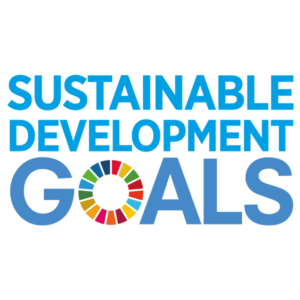 Recently, socioeco.org has created a Global mapping of the Social and Solidarity Economy (SSE) for the Sustainable Development Goals (SDGs). This new section of site is aimed at mapping the various solutions, initiatives and public policies for the SSE by considering each one of the 17 SDGs.
Recently, socioeco.org has created a Global mapping of the Social and Solidarity Economy (SSE) for the Sustainable Development Goals (SDGs). This new section of site is aimed at mapping the various solutions, initiatives and public policies for the SSE by considering each one of the 17 SDGs.
The mapping aims to showcase existing public policy on SSE through a compilation of case studies, in order to highlight the policies that contribute to creating territorial ecosystems that encourage the development of SSE. The selected criteria are the following:
– funding, public markets, fiscal, legal and legislative mechanisms, social audits, etc.
– accompanying the actors working to support SSE at territorial level
– encouraging contact, exchange, and networking of these actors
– relocalizing activities linked to food, transport, energy, etc.
– thus creating sustainable, relocalized employment
– show-casing good practice
– building new spaces for discussion and joint development of policies with citizens.
As recognized in the 2030 Agenda, a holistic approach is needed and therefore it is crucial to look at alternative development strategies and emerging economic models that can be optimized for sustainability and inclusiveness. In showing how public policies in favor of SSE can implement solutions for the realization of SDGs, the mapping illustrates the role that SSE can play in the realization of the 2030 Agenda and the SDGs.
Last month, Eurodiaconia released a new research paper on “Integrating and Implementing the European Pillar of Social Rights and the Sustainable Development Goals”, which was presented during a breakfast discussion organised in the European Parliament. Our network is also involved in joint policy actions on the SDGs, together with the partners SDG Watch Europe and Social Platform.
To know more about the mapping, please visit the general website section or the more detailed mappings.